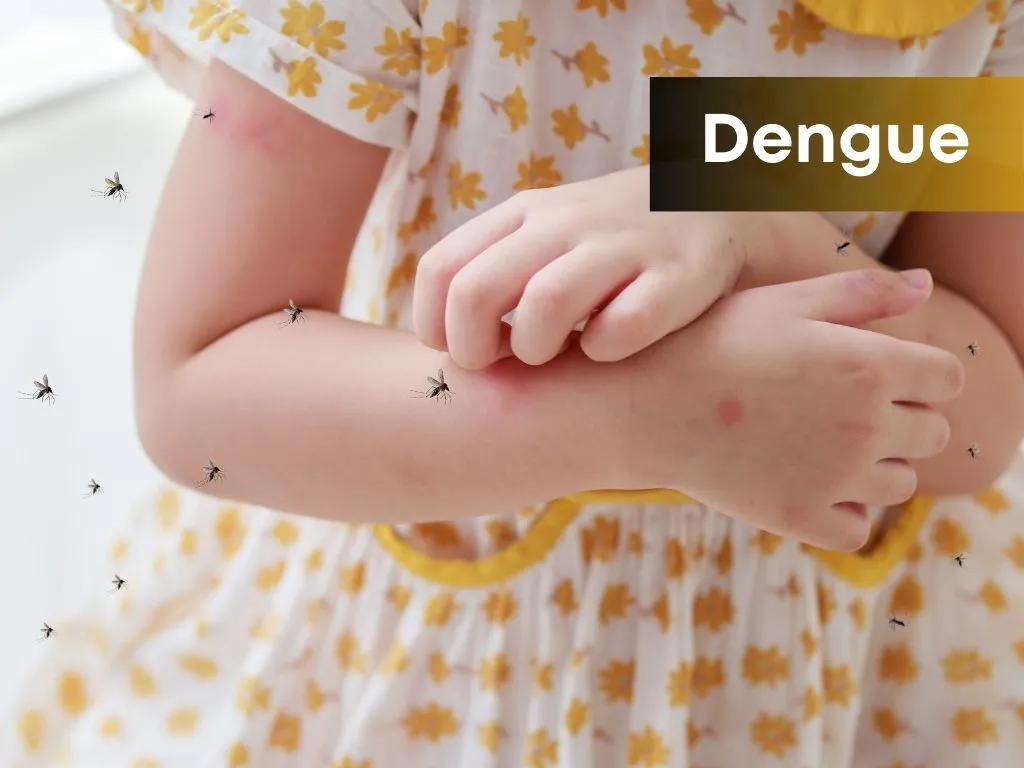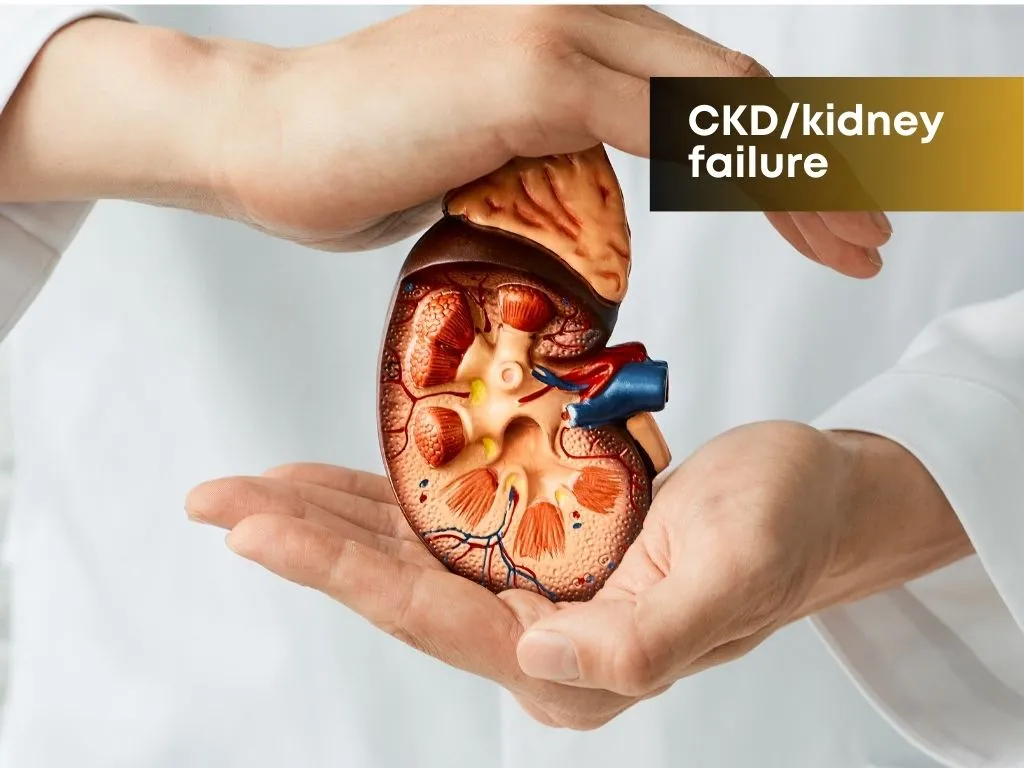Overview
A lipoma is a slow-growing, fatty lump that's most often situated between your skin and the underlying muscle layer. A lipoma, which feels doughy and usually isn't tender, moves readily with slight finger pressure. Lipoma's are usually detected in middle age. Some people have more than one lipoma.A lipoma isn't cancer and usually is harmless. Treatment generally isn't necessary, but if the lipoma bothers you, is painful or is growing, you may want to have it removed.
Causes
Symptoms
Lipomas can occur anywhere in the body. They are typically:
Situated just under the skin. They commonly occur in the neck, shoulders, back, abdomen, arms and thighs.Soft and doughy to the touch. They also move easily with slight finger pressure.Generally small. Lipomas are typically less than 2 inches (5 centimeters) in diameter, but they can grow.Sometimes painful. Lipomas can be painful if they grow and press on nearby nerves or if they contain many blood vessels.
Treatment: Modern Medicine
Diagnosis
To diagnose a lipoma, your doctor may perform:
A physical examA tissue sample removal (biopsy) for lab examinationAn X-ray or other imaging test, such as an MRI or CT scan, if the lipoma is large, has unusual features or appears to be deeper than the fatty
Treatment: Traditional Medicine
Treatment
No treatment is usually necessary for a lipoma. Lipoma treatments include:
Surgical removalLiposuction
Caution
Risk factorsSeveral factors may increase your risk of developing a lipoma, including:
Being between 40 and 60 years old. Although lipomas can occur at any age, they're most common in this age groupGenetics. Lipomas tend to run in families.
Prevention
Since they're passed down through families, it isn't possible to prevent them.
 Nalamaree Team
Nalamaree Team

.jpg.webp)



















